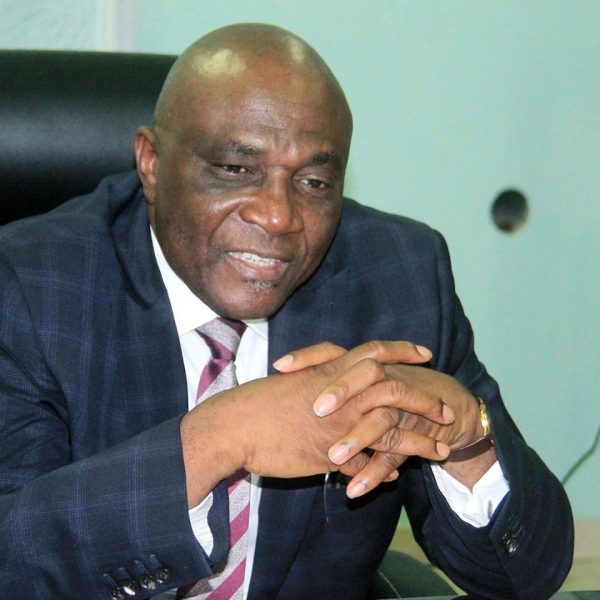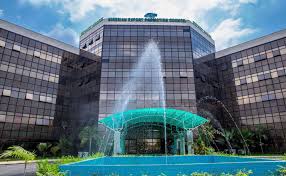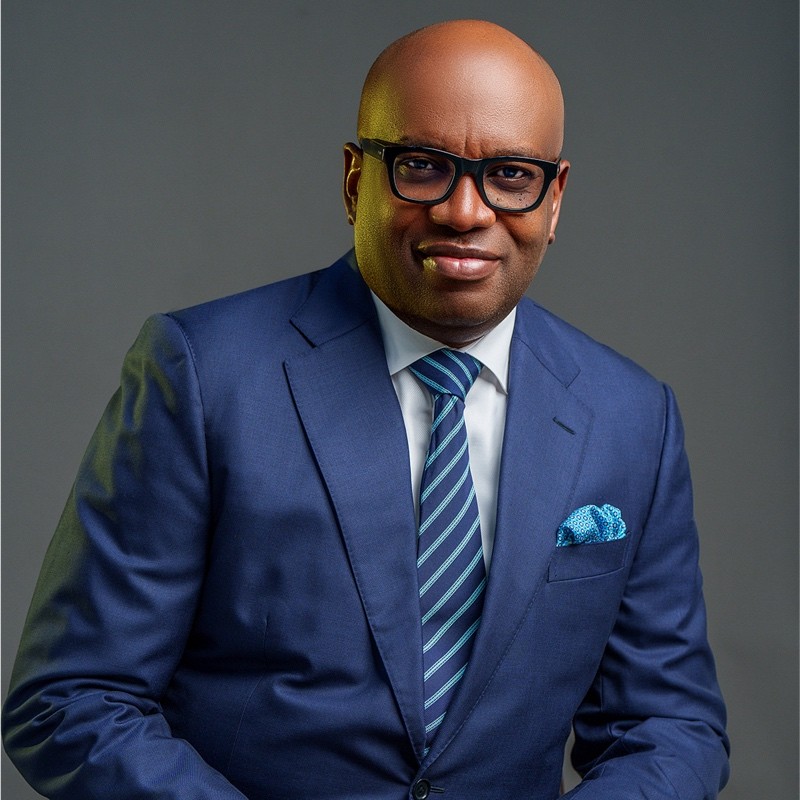According to Taiwo Oyedele, the chairman of the Presidential Committee on Fiscal Policy and Tax Reforms, Nigeria is a developing nation with enormous economic potential.
In an interview with Politics Today on Channels Television, Oyedele made the observation that, in comparison to certain other nations and localities, the budgets of the federal government and the states are both comparatively tiny.
Nigerians have been criticizing the Federal Government for what they see as excessive taxation, and recent demonstrations against tax laws in Kenya have sparked new debates over this issue. Oyedele, however, disregarded the notion of raising taxes to address Nigeria’s financial problems. He made it clear that raising taxes would not solve the nation’s financial problems.
He stated,
“By the way, the entire budget, that’s the Federal Government’s of about N29 trillion plus all the states in Nigeria about N15 trillion – if you add it all, it comes to about N44 trillion. That’s around $30 billion.
“That $30 billion is even less than the budget of Kenya which is around $32 billion. It is barely a quarter of South Africa’s budget at $130 billion. And of course, it’s even less than the budget of New York City, not even just New York State. So, clearly, Nigeria is a poor country with the potential to be a wealthy country.
“So, we do believe based on the analysis we have done and the data available to us that the right way to go is not to introduce more taxes. And in fact, if you’re going to raise the rates of any tax, it has to be something that we’re doing as a result of the consolidation and harmonisation.
“We do think that having fewer taxes are broad-based, easy to collect, and do not place a burden on the bottom of the ladder of society is the way to go. And by using data, intelligence, and technology, we can close the tax gap so that people who have not been paying before begin to pay – who have been identified as people who should be paying – and the poor people should be legitimately exempted, particularly nano, micro businesses and low-income earners.
“And then we think that with all those, we can easily more than double our revenue within a period of two to three years.”




